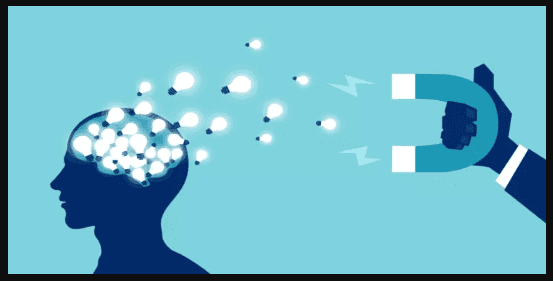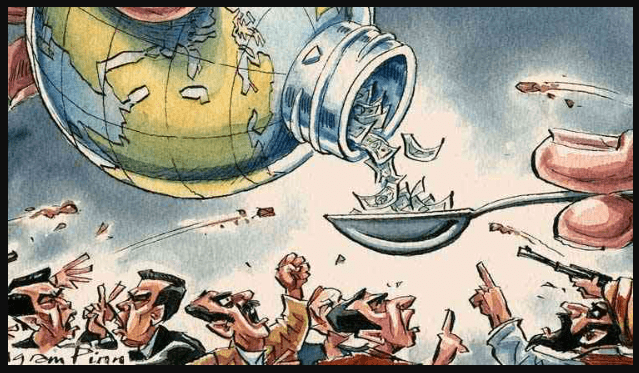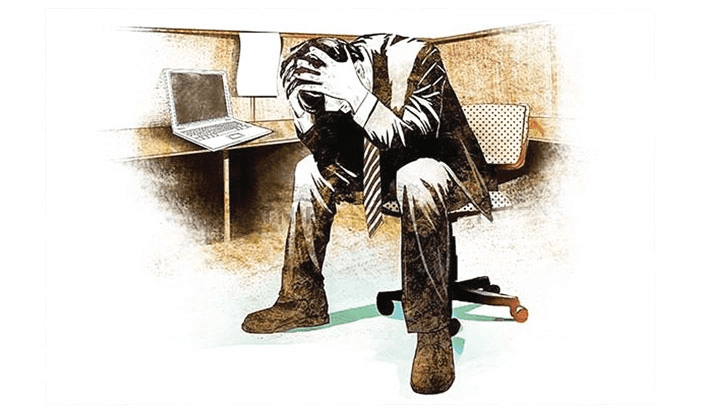Brain Drain may seem like a term directly pulled out of a sci-fi story. However, it is entirely grounded in reality. It has always been a part of human history as talented and skilled individuals migrate to other countries from their homeland for better living standards.
This usually results in losing valuable, competent, and skilled individuals of a less developed country, industry, or company to a highly developed one. In recent years, it has become more of a cause for concern for developing countries, as it can potentially stagnate the development of an entire nation.
According to a UNFPA report, Bangladesh is currently enjoying a demographic dividend. That is to say, we have a window of opportunity where the unique population ratio reflects that our nation has a significant working population.
As of 2021, the population demographic of Bangladesh indicates that close to 40% of the population is between 15-35 years old, meaning these young individuals can quickly learn new things, undertake new tasks, and work more to impact the economy by improving their own lives.
A large portion of the population who are young, are vital for creating business, generating jobs, and ultimately accumulating wealth for the nation. But it will only pay off if we invest heavily in healthcare, education, and skills development to unlock the potential of these young individuals and capture the returns.
Five years ago, a survey created a lot of stir in Bangladesh, when a World Economic Forum study showed that 82% of the population aged between 15-29 would prefer to migrate abroad.
We believe many of those young people with an intention to leave have already left. If one just looks around, one will undoubtedly find at least some people who have migrated to North America, Europe, or Australia in the past few years.
Now, for Bangladesh or any of the developing countries, it is nothing new, as brain drain is a pretty common phenomenon. When the economy fails to provide jobs and opportunities for the youth, a large portion of the skilled workforce is forced to move abroad to find scope for growth, employment, and a better life.
But according to a prediction of the Asian Development Bank (ADB), Bangladesh is projected to have a GDP growth rate of 6.8% and 7.2% respectively, in 2021 and 2022. Despite the global pandemic, the mysterious and miraculous Bangladeshi economy prevailed.
The country is scheduled to graduate from the ranks of the Least Developed Countries (LDCs) to a middle income country by 2024. The government's commitment to development has earned us the applause of the world at the UN and has given us the SDG Progress Award by the Sustainable Development Solutions Network (SDSN).
Yes, 20-years ago, it would have made sense for an aspiring young individual to leave the country, their friends and family, their community and a life they have known since birth for carving out a better one in a foreign nation. But why is it happening right now?
This happens due to two distinct factors, push and pull factors. One of the major push factors is the lack of quality higher education opportunities. According to UNESCO, an average of 90,000 students left for the USA alone for higher education. Scientists and scholars get little incentive to invent and create new knowledge in our country.
On the flip side, the primary pull factors are better career opportunities, quality higher education, social security, freedom of choice, etc. Both these factors contribute to skilled individuals departing from their homeland for good.
It should be acknowledged that a good few cases of reverse brain drain are also taking place in Bangladesh, where successful professionals and investors are returning to Bangladesh to invest in its growing economy.
They invest in startups, innovative entrepreneurial ventures, and social businesses, but the numbers are not nearly enough to make up for the outflow of talent. Data sourced from Fund for Peace indicates a 7.6 index point for Bangladesh's brain drain in 2019.
To give it a better perspective, the average in 2019 was 5.55 index points, and even our neighboring nation, India, had an index point of 6.1, which is much lower than us. Afghanistan, Sudan, Syria, and Somalia also have slightly higher index points than us.
All of these countries scoring worse than Bangladesh are underdeveloped, which is a significant determinant of brain drain.
According to past surveys, most people who intended to leave the country answered that the rationale for leaving the place they have known for their entire life is not all economic. They were looking for a "better life", a life with more social and financial security.
With the growing opportunities around the planet and due to the moderately lower population growth and skill shortage in many developing countries, Bangladesh is destined to lose a significant portion of its intelligent population.
Just as an organisation has a cost of turnover, these migrations have a cost too.
The skills have been nurtured and developed in our country, but we have failed to attract them to stay.
If we do not act soon, it will be too late; we will see an increasing number of people from Bangladesh leave the country and move on for a better life, investing their skills to advance another country's economy.
The government must move fast to create lucrative opportunities for skilled citizens so that they are not tempted to leave.
It will also be a reassurance mechanism for the rest of the population, motivating future generations to work for the development of their nation, instead of working for a foreign one.
The author is a lecturer of Strategy, Management and HR at the Department of Management School of Business & Economics of North South University.
Powered by Froala Editor









